Are you ready for some spectacular news about sustainability? Picture monolithic solar panels in the sky; carbon sequestering robots that speak several languages; a new farcical species of elephant, and a smart interplanetary tunnel that lets you bike through the centre of the earth for a winter getaway.
Well, you know what, our news isn’t quite as extravagant as that but it’s making a considerable impact, all the same. And we’re keen to tell you all about it.
This month’s timeline is sponsored by the Bald Ibis. A bird that is so named because of the singular state of its nut. It’s one of the most endangered avians on the planet. There are only around 500 of ‘em left.
No More Destructive Gill Nets on the Great Barrier Reef
June 5th, 2023
Link: World Wildlife Fund
The Great Barrier Reef is a biodiversity hotspot.
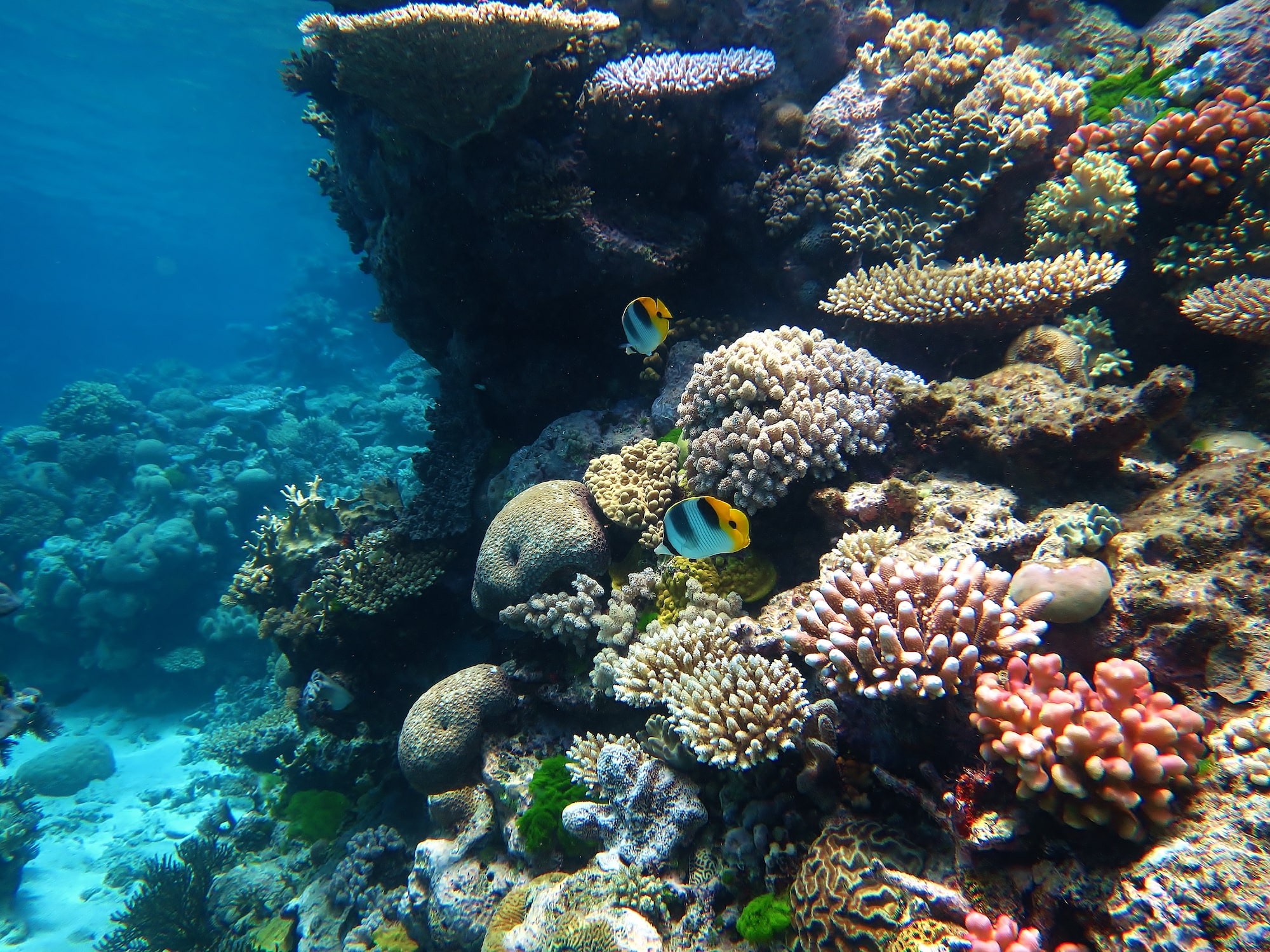
It’s also a World Heritage site, but likely to be declared “in danger” – if it weren’t for the exquisite news that you’re about to hear next, that is.
Following a 7-year campaign by WWF and its supporters calling for a net-free Great Barrier Reef, Australia and Queensland have made the decision to ban gill nets from the area. Gill nets indiscriminately kill any living creature that gets entangled: targeted fish, plus any other marine animal. So this is great news for threatened species who will be able to swim and glide peacefully after this is achieved in June 2027.
Over AU$160 million has been allocated to fund the buyout of gill net licences, establish a net-free zone in the north, put strict controls on commercial fishing vessels, and declare hammerhead sharks as a no-take species for commercial fishers.
Satellites Beamed Solar Power Down to Earth
June 12th, 2023
Link: Space
It’s 2023 and yet, countries – mainly of ‘developing’ or ‘less-developed’ status – still struggle with electricity access. Akin to a plot straight out of a sci-fi movie, scientists have found a way to harvest solar energy in space and transmit it back to Earth.
The wireless power transfer was achieved by MAPLE, a fancy instrument carried out by the Caltech Space Solar Power Project.
Not only was energy successfully transferred, but it was also transformed into electricity, lighting up a pair of LEDs. The result is a small, but significant, piece of proof that it is possible to tap into the essentially unlimited power of the sun from space. Now, the team behind the project gets to enjoy the fascinating, albeit time-consuming, task of assessing each and every individual component of MAPLE. Only after will they be able to develop fully realised versions in the future.
The basic concept behind it all? A quantum phenomenon called “interference”.
At the Intersection of Brits and Bison
June 13th, 2023
Link: Zenger News
In the face of the biodiversity crisis, we must build bridges with nature.
We don’t mean that figuratively. Bisons – colossal ruminants that you may be astonished to hear were reintroduced to Kent last year after a 6,000 year absence – are about to be given bridges.
The reason is simple. Humans are banned from intermingling with the wild bison. Yet, the bison must be allowed to roam free in an area where humans go.
As any good bridge should, these bridges provide a way forward. The bison will be able to pass underneath the public pathways, unhindered, while the perambulating folk peek at them from above. In theory, there’s no risk to man nor beast involved. Although we do hope there’s some contingency for over-enthusiasts dropping down to embrace the magnificent beasts.
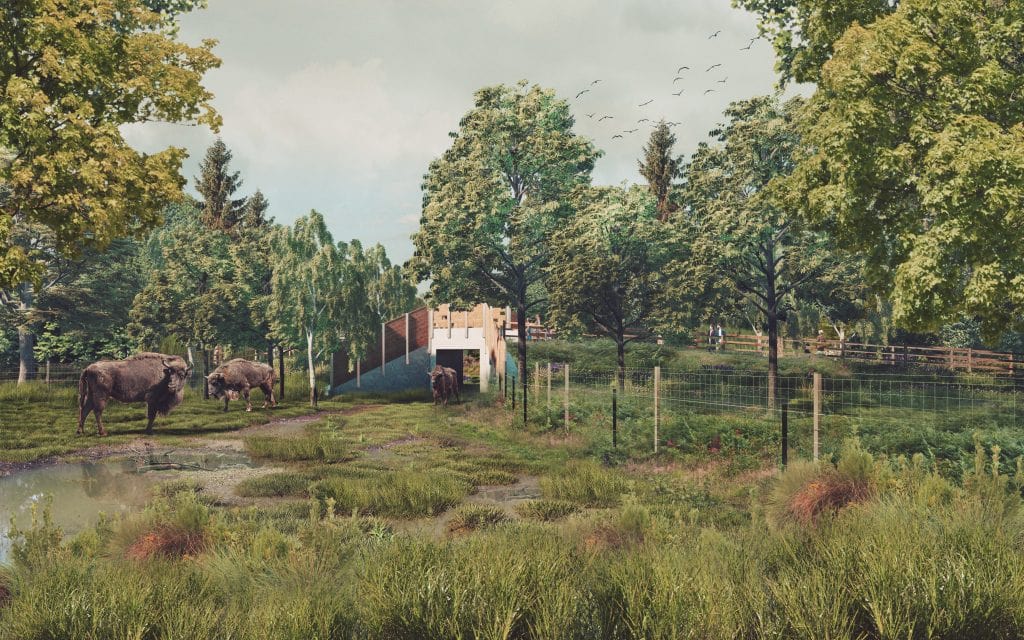
It’s believed the four bison will foster biodiversity and make the woodland more resilient to climate change. It’s one of myriad rewilding projects taking off in the UK.
Vegan Cheese – Now Better, Thanks to AI
June 19th, 2023
Link: EcoWatch
Cheese and AI. Now there are two worlds that we didn’t imagine colliding. The only thing the two have in common is that they get better over time.
A quick recap on cheese. It is a moreish medium that many of us devour. It comes in varied forms, including cheddar, mozzarella, Swiss, Brie, Camembert, Parmesan, blue cheese, and many more (AI wrote this bit). Yet, one of the nasty issues with cheese is its environmental impact – especially cheeses made from cow milk. Cows belch out methane, which – like an intense Isle of Mull cheddar compared to an individually-wrapped cheese slice – is over 20 times more potent than CO2.

Let’s cut to the cheese, though. AI has helped to develop a plant-based equivalent to the protein that gives cheese its characteristic stretchiness and meltiness: ‘Casein’. It’s hoped that this protein will make vegan cheese better – and help the planet too.
“….we are offering a better way to everyone, especially hardcore cheeselovers,” says Oliver Zahn, CEO of Climax Foods.
Newly Adopted UN High Seas Treaty
June 20th, 2023
Link: EcoWatch
We often hear of cases that take months, even years, before reaching a verdict. In the film industry, the Avatar sequel took 12 years. So here’s a new one: this set of negotiations took almost 20 years.
The UN finally announced a landmark treaty for the high seas – that is, bodies of ocean that are beyond countries’ borders. Its purpose is to ensure the sustainable use of these waters and protect their biodiversity. The treaty includes polluter-pays provisions, and requirements for parties to assess the potential environmental impacts of activities that go beyond their jurisdictions. It also covers ocean acidification, ecosystem restoration and maintenance, and indigenous peoples’ potential involvement in marine life.
Suffice to say that it’s been a busy month for the UN, who also made some progress in the fight against plastic. The first step of a longer journey, member countries agreed to draft a treaty to end global plastic pollution by 2040. Ambitious? We think so. But commendable. The first draft is due later this November.
Landmark EU Biodiversity Law Makes Next Stage
June 27th, 2023
Link: The Guardian
The EU’s Nature Restoration Law – crucial to restoring Europe’s biodiversity – is hanging by a thread after a rebellion by a group of centre-right MEPs. A conservative push to reject the bill failed in a meeting on June 15th and a postponed meeting on the 27th.
The law, proposed as part of the EU’s green deal, aims to restore Europe’s ecosystems by 2050, with nature restoration measures covering 20% of EU land and sea by 2030.
The European People’s Party group, which opposed the legislation, claimed it endangers farmers’ livelihoods and food security. Despite their efforts, the vote led to a tie (44-44) and postponement to a plenary vote in July, questioning the rejection of the entire law. The good news is that there is still hope for pursuing the first EU biodiversity law.
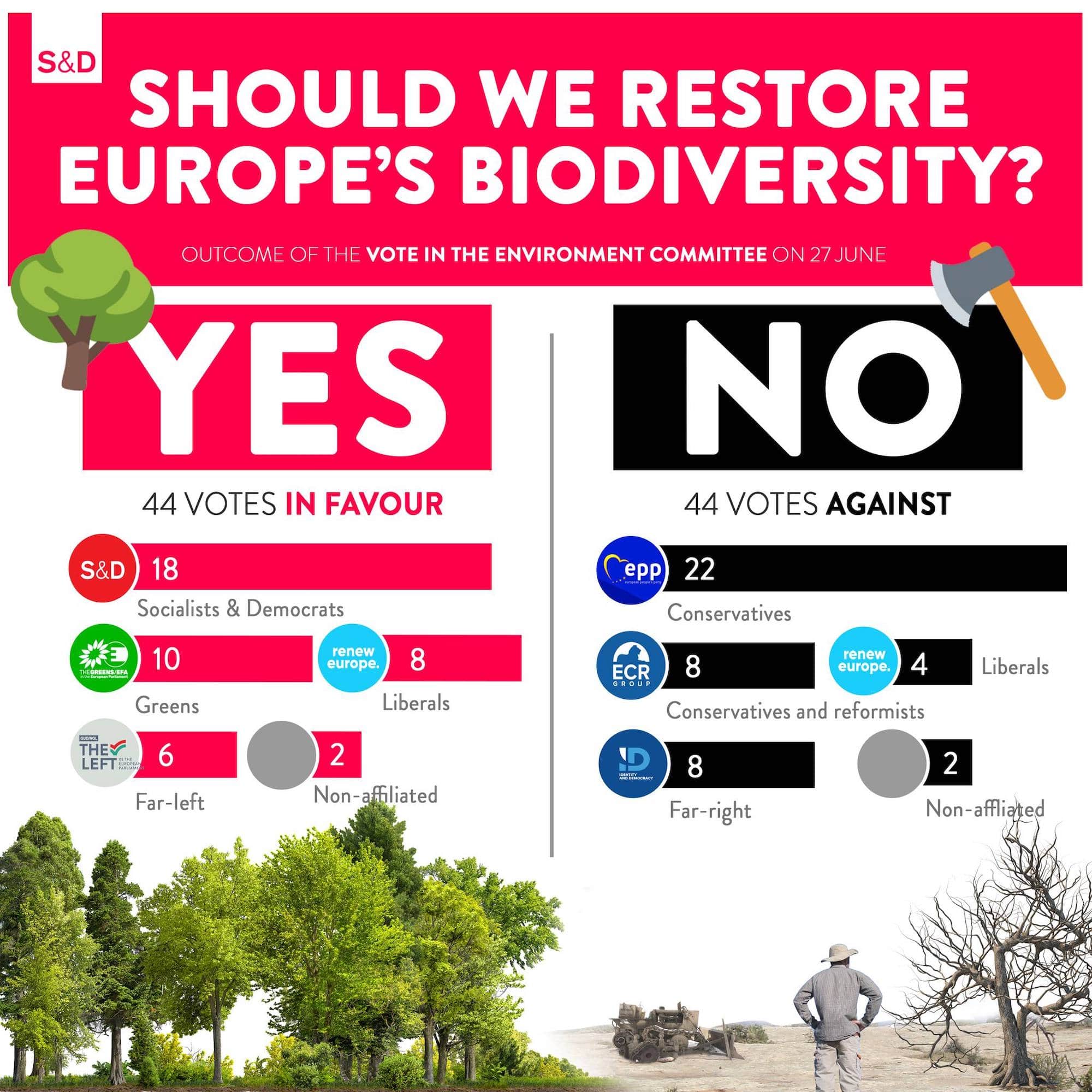
The UN environment chief and CEOs of major companies have expressed support for the law, as well as Pascal Canfin, chair of the environment committee, who is confident the law will pass if they can negotiate a truce before the July plenary.
And on that note, we’re going to pack it in as soon as we like! We’ll be back next month.
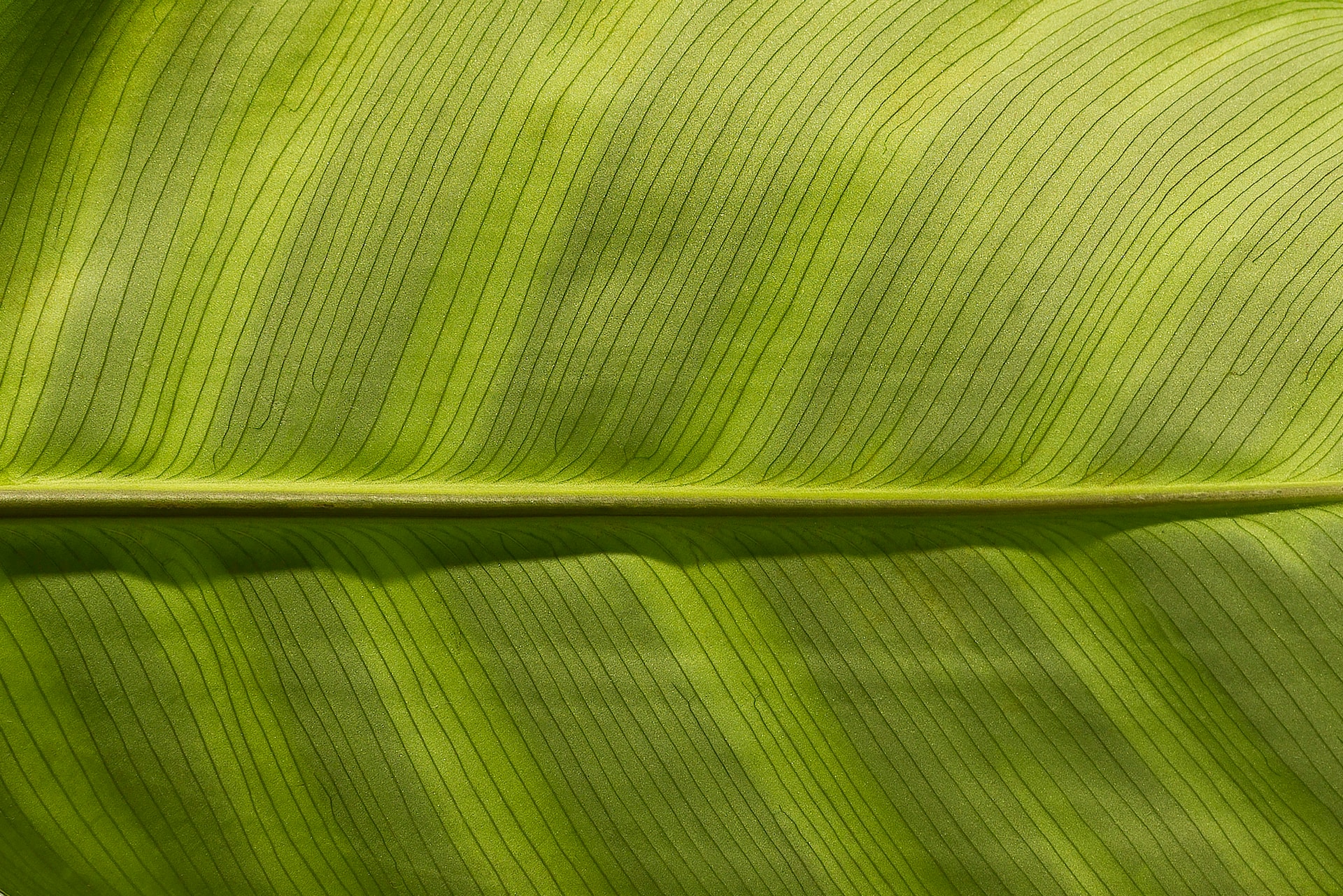
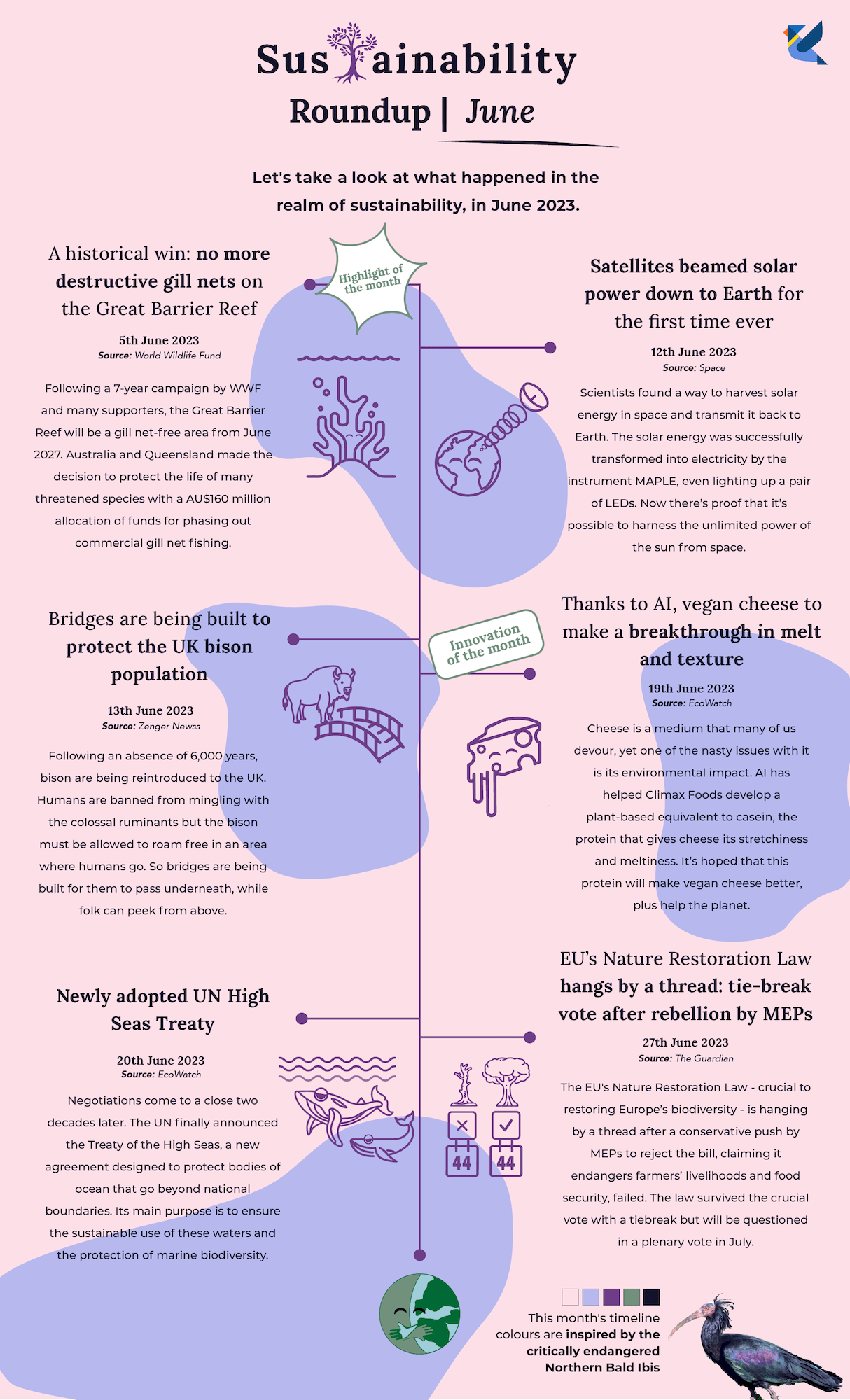

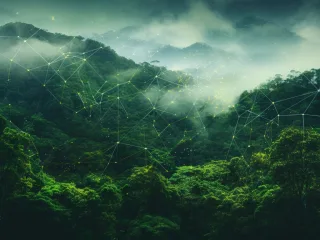
Leave a Reply